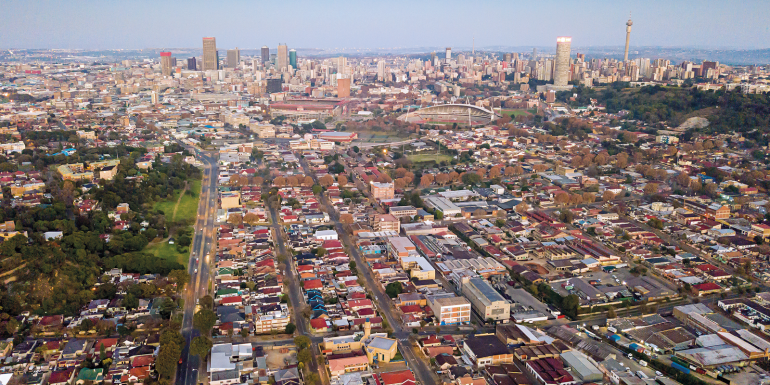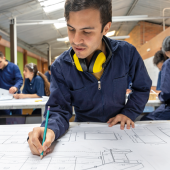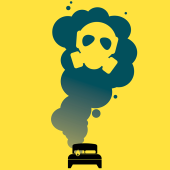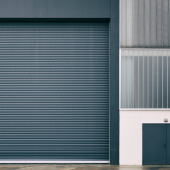Students think beyond the classroom

Engineers Without Borders UK asks students to think beyond the classroom and find solutions to real-world challenges.
Engineers Without Borders UK, an organisation putting global responsibility at the heart of engineering, has launched the 2024/25 cycle of the award-winning Engineering for People Design Challenge in partnership with Engineers Without Borders South Africa and Makers Valley Partnership.
Now entering its 14th year, the design challenge has reached more than 87,000 students across 47 universities in five countries. The 2024/25 challenge will be covered by more than 40 institutions in Ireland, South Africa, the UK and the US. Its purpose is to encourage students to not only consider solutions to engineering issues, but to put that in the context of real-life scenarios and consider the implications of social and environmental development.
This year’s challenge focuses on Makers Valley, a cluster of vibrant yet economically disadvantaged suburbs on the eastern edge of Johannesburg. Home to around 46,000 residents, Makers Valley has experienced urban decay and high unemployment, but in recent years has seen a wave of regeneration driven by social and creative enterprises. The design challenge invites students to develop engineering solutions that contribute to the sustainable development of this community.
Listening to residents
Through a combination of design briefs, video interviews and an interactive map, participants will engage directly with local residents, incorporating the community insights into their projects. The top five submissions from each university will advance to the national stage, where they will be assessed by industry professionals. The most outstanding teams will then compete at the Grand Finals.
Noluthando Mdayi, Co-CEO of Makers Valley Partnership, says: “Innovative ideas and engineering skills can make a lasting impact, helping to shape a future where everyone in Makers Valley can thrive.”
Tom Whitehead, Programme Manager at Engineers Without Borders UK, adds: “[The design challenge is an opportunity to] explore impactful solutions for communities and equip students with the critical skills they need to tackle global, real-world challenges.”
For more information on how to participate, visit b.link/EWB_design
Up for the challenge
Engineers Without Borders challenge entrants must cover these eight areas when coming up with solutions:
- built environment, which includes all human-made physical spaces where we live, work and enjoy leisure activities
- food security occurs when all people have access to sufficient, safe, culturally appropriate and nutritious food that meets their requirements for an active and healthy life, and in a way that the planet can sustain into the future
- reliable access to energy, in particular electricity, often reduces the time people spend on everyday tasks
- it is vital to address and responsibly manage our shared resources through reducing, reusing and recycling waste to prevent environmental damage, health risks and the development of unsightly and undesirable areas
- a reliable supply of clean and safe drinking water is essential for healthy lives
- sanitation involves the safe management, treatment and eventual end use or disposal of water that is contaminated to prevent potential health problems
- mobility and access to transport infrastructure allow people and goods to move around freely; and
- while many people benefit hugely from modern digital advances in information communications, some of us have not had the same opportunities.
Image Credit | iStock










